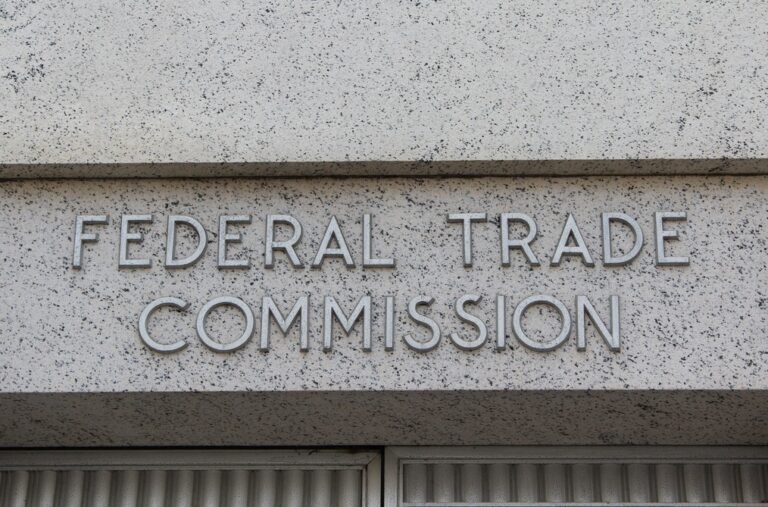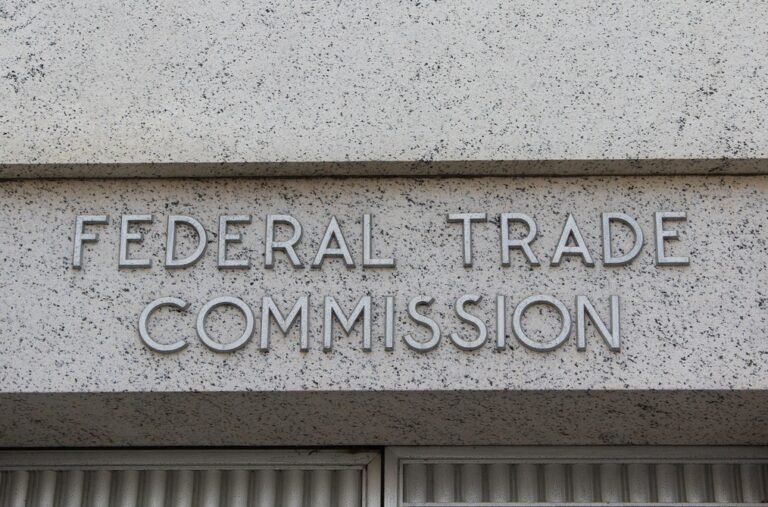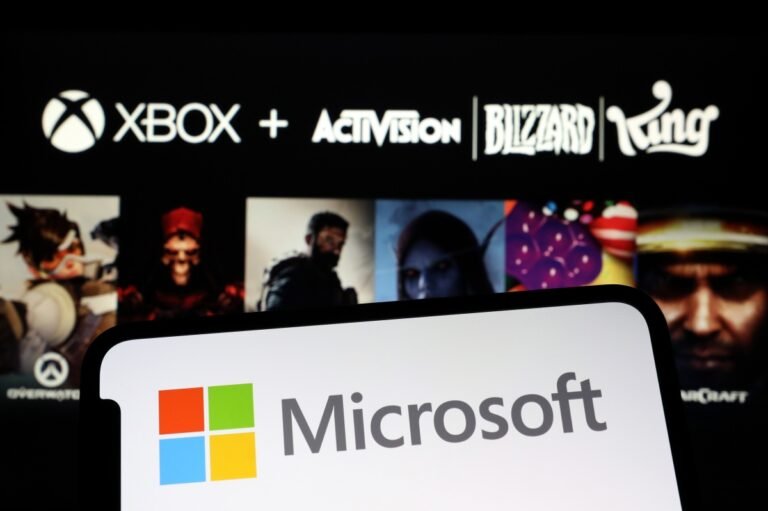
The FTC is aiming to unravel the complex and secretive corporate relationships in the top AI companies out there in a new inquiry.
What are these companies but a proxy for the ambitions of the extant tech superpowers?
As companies race to develop and monetize AI, we must guard against tactics that foreclose this opportunity,” Khan continued in her statement.
The orders sent to the companies listed above compel them to share:Partnerships, investments, and the “strategic rationale” for themWhether these partnerships have “practical implications” such as when or how new products are releasedWhat do they talk about at meetings?
After all, why shouldn’t companies that have already spent billions pursuingIncidentally, today the FTC is hosting a summit on AI and its opportunities and dangers, in the sense of markets and startups.

The FTC is aiming to unravel the complex and secretive corporate relationships in the top AI companies out there in a new inquiry.
What are these companies but a proxy for the ambitions of the extant tech superpowers?
As companies race to develop and monetize AI, we must guard against tactics that foreclose this opportunity,” Khan continued in her statement.
The orders sent to the companies listed above compel them to share:Partnerships, investments, and the “strategic rationale” for themWhether these partnerships have “practical implications” such as when or how new products are releasedWhat do they talk about at meetings?
After all, why shouldn’t companies that have already spent billions pursuingIncidentally, today the FTC is hosting a summit on AI and its opportunities and dangers, in the sense of markets and startups.

The EU suspects Apple of unfairly favoring its own mobile payment tech, Apple Pay, and squeezing out the ability of rivals to develop competing contactless payment offerings on its mobile platform.
It has also committed to applying “fair, objective, transparent, and non-discriminatory” eligibility criteria to grant NFC access to third parties — which will have to conclude an ADP license agreement to gain access.
The Apple Pay competition saga dates back several years at this point.
The Apple Pay case pre-dates ex ante competition legislation the bloc has since enacted and which Apple is subject to; having been designated, in September, as a so-called “gatekeeper” under the Digital Markets Act (DMA).
And although Apple’s payment tech, Apple Pay, has not been designated a “core platform service” the iOS App Store has.

Interoperability could also be imposed on designated tech giants, the CMA suggested, as well as mandates that they trade on fairer terms.
Algorithmic transparency could be another demand made of them by the new digital markets regulator.
As a consequence the UK has slipped behind peers like the European Union — which adopted its own flagship digital competition reform last year.
The deadline for in-scope tech giants’ compliance with that regime is looming in early March.
A German ex ante digital competition reform has also been operating since early 2021.

The European Union is checking whether Microsoft’s investment in generative AI giant OpenAI is reviewable under the bloc’s merger regulations, it said today.
“Finally, the European Commission is checking whether Microsoft’s investment in OpenAI might be reviewable under the EU Merger Regulation,” it added.
Commenting in a statement, EU competition chief Margrethe Vestager said:Virtual worlds and generative AI are rapidly developing.
They also told us there are no “particular concerns” the EU has identified yet vis-a-vis competition and generative AI as yet.
Per the spokesperson, a transaction would be notifiable to the Commission under the EU Merger Regulation if it involves ” a change of control on a lasting basis”.

Gbike acquired a local micromobility platform called ZET from Hyundai Motor for an undisclosed amount last year to bolster its technological synergies.
Gbike posted an EBITDA of $40 million and revenue of $13.7 million in 2022, Yoon said.
“Based on this fully integrated capability, we set out our vision to innovate the micromobility ecosystem through battery-[swapping] infrastructure.
One of the things that set Gbike apart from its competitors is its capability to build its own vehicles — e-scooters, e-bikes and batteries, Yoon mentioned.
Gbike launched its own-developed e-bikes in May last year and now operates a fleet of 35,000 e-bikes.

It also objected to Google limiting or refusing to allow interoperability of services included in GAS with third-party services.
“We are particularly concerned about the compulsory bundling of services with great market strength and reach with services that are less strong.
“Google is also prepared to eliminate its contractual provisions on setting Google services as default applications or displaying them prominently in the infotainment platform,” the FCO also noted.
The question of whether Google’s proposals will result in an unbundled offering of Google’s services in the automotive sector will be decisive in this context,” it added.
Which may give the FCO reason enough to continue its scrutiny of Google Maps in the meanwhile.

Venture capitalists and founders were already worried about exits after Visa’s $5.6 billion acquisition of Plaid in 2020 was canceled after a tough battle with regulators.
Still, Figma and Plaid are only two examples of startups being impacted by antitrust and competition regulations in recent history.
Yet, since the Adobe-Figma news broke this morning, discourse is already leaning towards how this will hurt startup liquidity; some VCs are even saying that large startup acquisitions are going to be off the table.
But if you look at the data around startup M&A, that sentiment feels more like fear mongering than an actual reflection of what the startup exit market looks like.
In fact, the vast majority of startup deals look nothing like the Figma or Plaid deals.

This news comes as a surprise to many, as the CMA had only handled a handful of antitrust investigations throughout the years and was relatively unfamiliar with video game industry…

Reports suggest that the CMA is concerned about how Amazon could use iRobot’s robotics technology to its advantage, particularly in relation to prices and market share. The authority has given…













